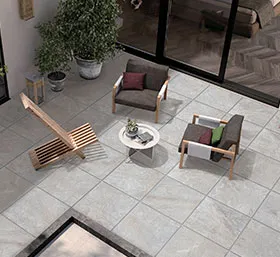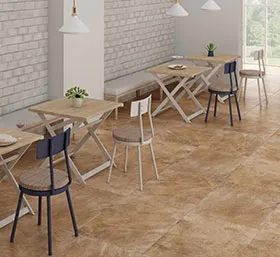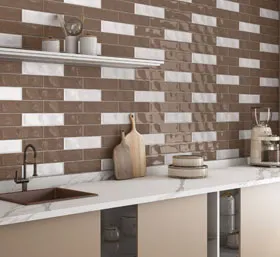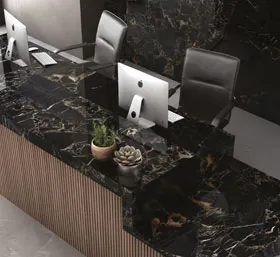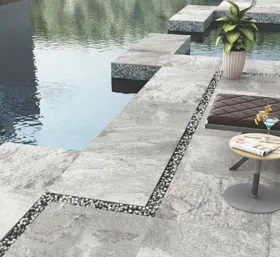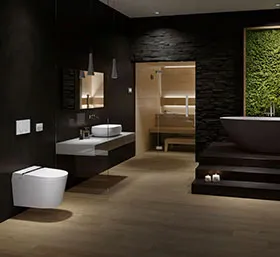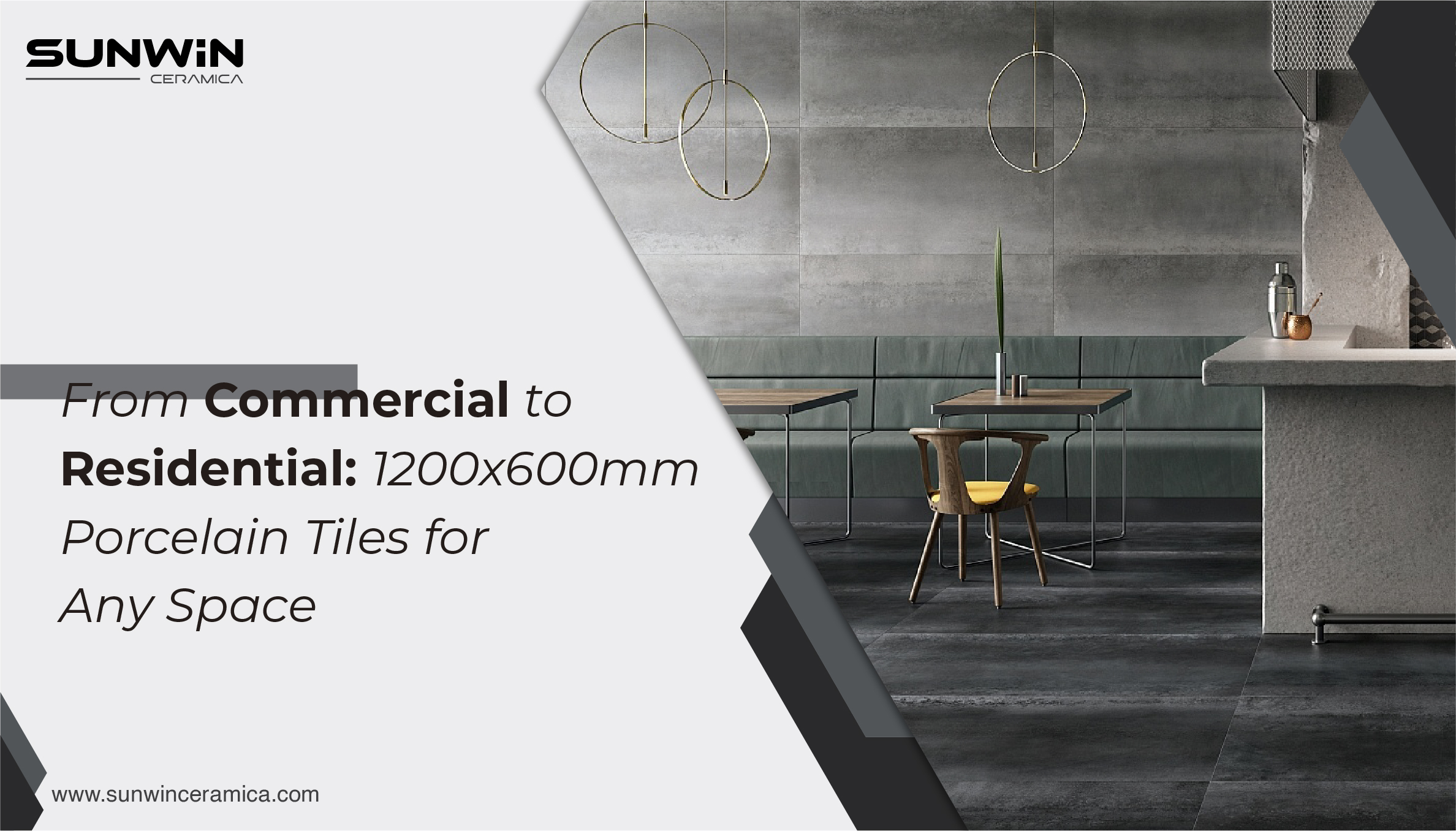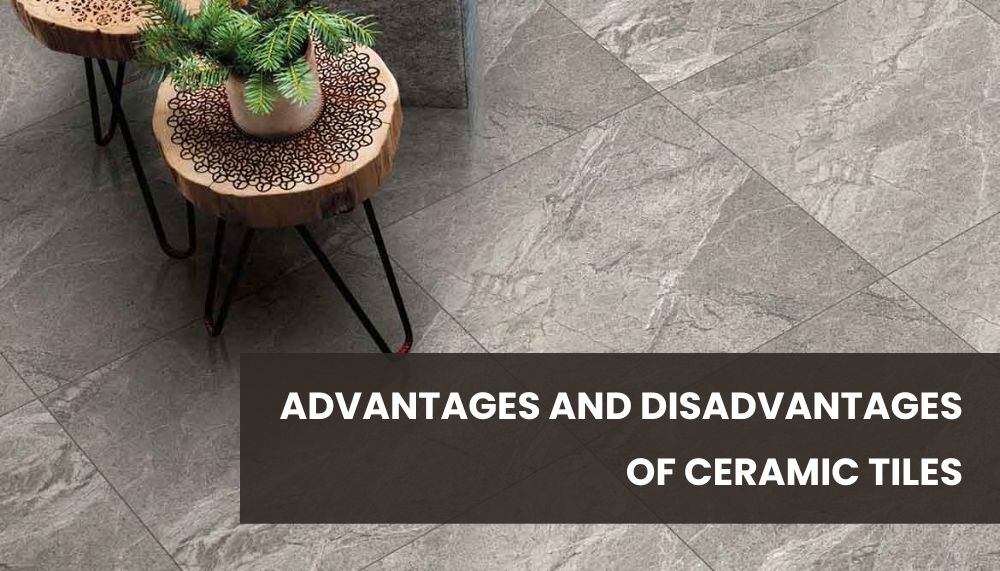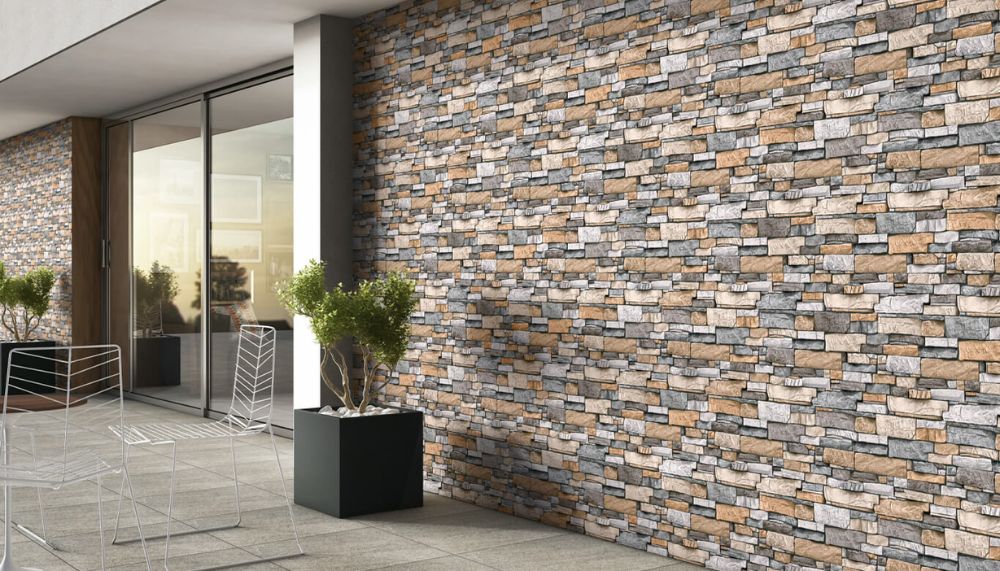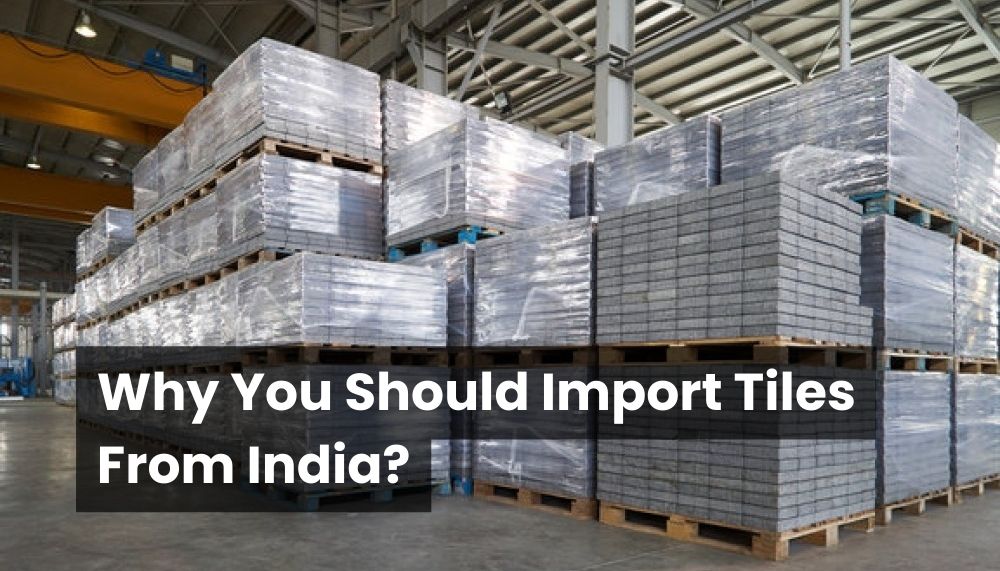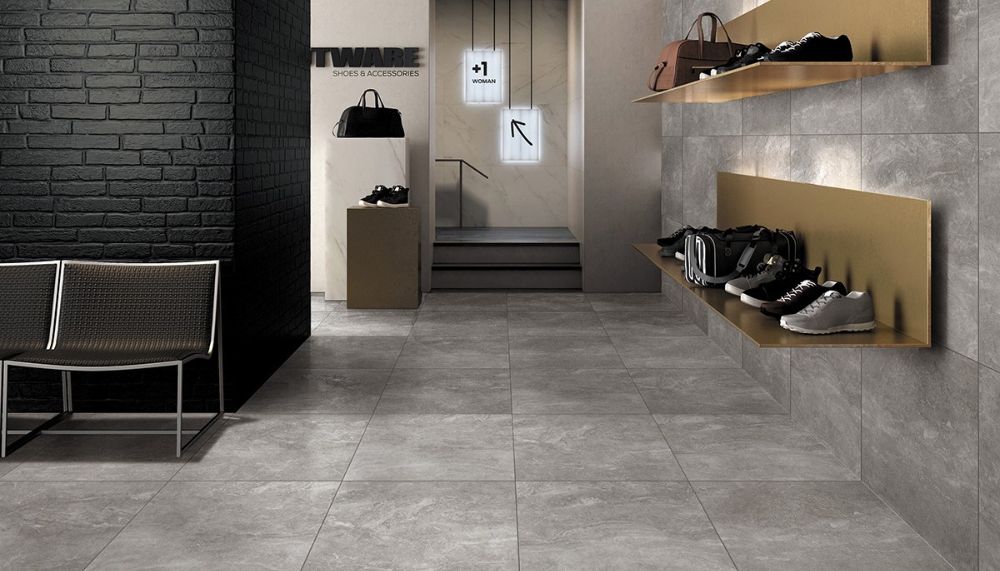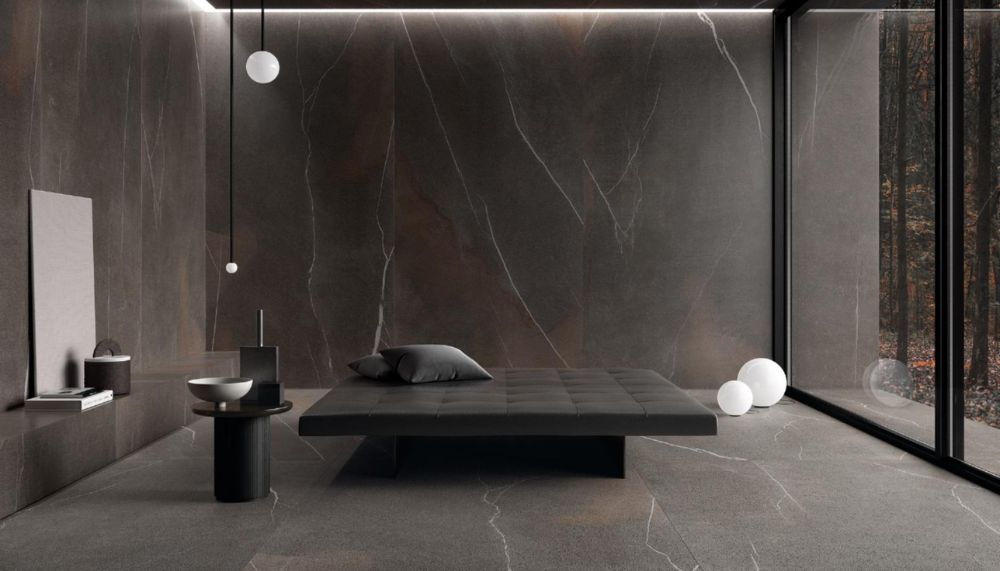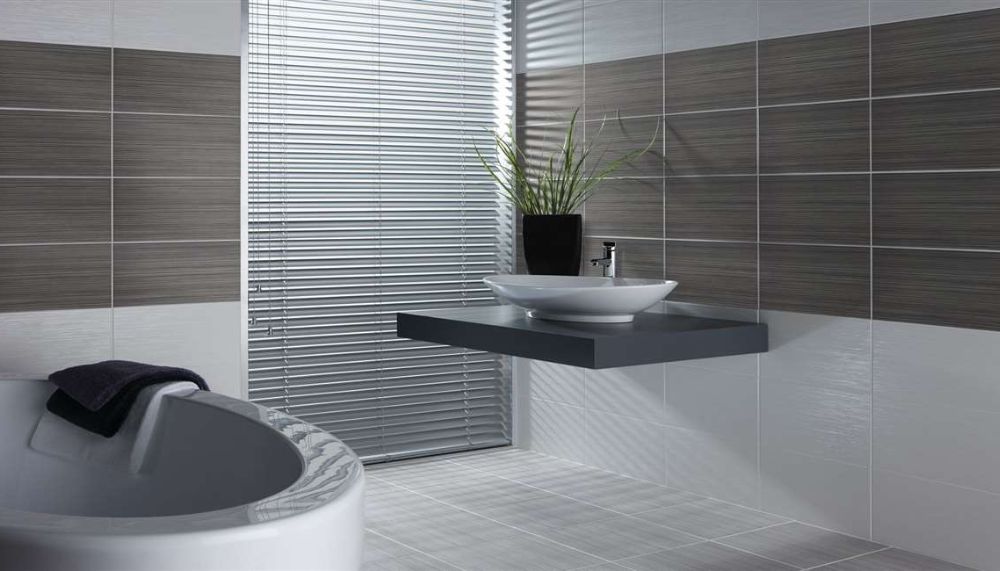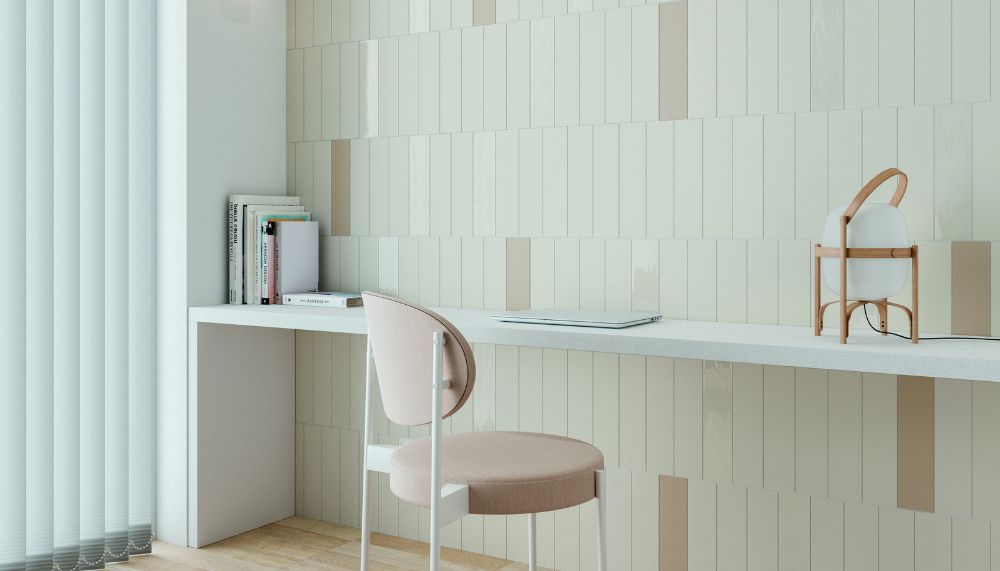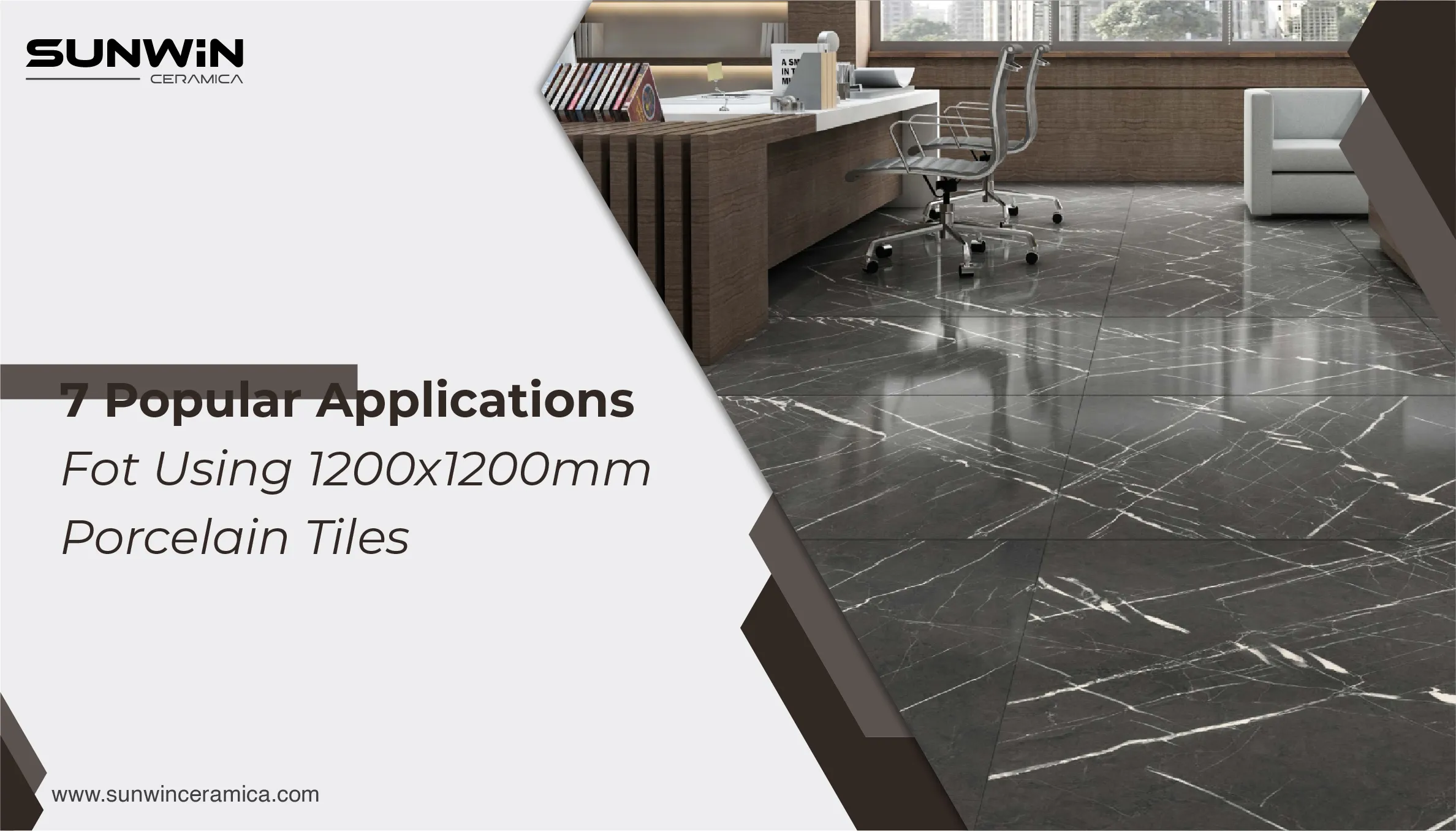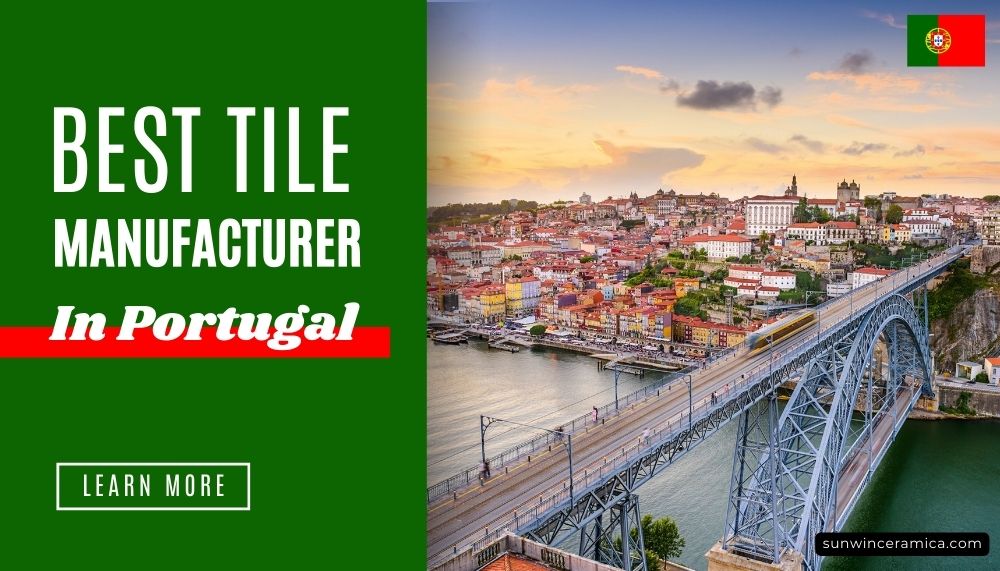
Ever wondered what makes tiles the signature charm of Portuguese homes and architecture? From the iconic azulejos adorning historic streets to the sleek designs in modern interiors, tiles are everywhere, infusing spaces across Portugal with timeless allure and character. But finding the precise tiles isn’t just about picking a pretty pattern, it’s high-quality, sturdiness, and style that lasts.
With such a lot of alternatives, how do you pick out the reputed manufacturer and exporter of tiles in Portugal to convey your vision of excellence in decor? Let’s explore what distinguishes Portugal’s first-rate tile manufacturers and how they remodel spaces into works of art.
History of Tiles in Portugal

Portugal’s history with tiles, or Azulejos, is a stunning journey that spans centuries. These colorful ceramic tiles are observed on homes and monuments across the country, adding vibrancy and allure to its towns. The tale of Portuguese tiles started in the Middle East, where tiles were first made as ornamental artwork. In the 15th century, the art of tile-making arrived in Portugal, introduced by the Moors all through their occupation of the Iberian Peninsula. At the time, these tiles were mostly blue and white, just like the colors we still companion with Portugal these days.
In the 16th century, Portuguese artisans commenced including their unique aptitude. They evolved new strategies, shades, and designs that set Portuguese tiles aside. The Baroque period saw tiles emerge as even more famous, with artists developing large, intricate tile works of art that depicted testimonies from the Bible, records, and everyday life. Churches, palaces, and even public homes were adorned with these artworks, turning the streets of Portugal into open-air galleries.
One of the most iconic functions of Portuguese tiles is their deep blue coloration, known as azul, which is Portuguese for “blue.” This became a defining trait of Portuguese tiles and remains popular in contemporary designs.
Today, azulejos remain a vital part of Portugal’s cultural identification. Whether in Lisbon’s conventional neighborhoods or Porto’s contemporary metro stations, those tiles inform memories of the past whilst bringing splendor to each day's life. They are an image of Portuguese creativity and resilience, showing how artwork and lifestyle can thrive together throughout generations.
Traditional Flooring vs Modern Flooring Practices in Portugal
1. Traditional Flooring Trend
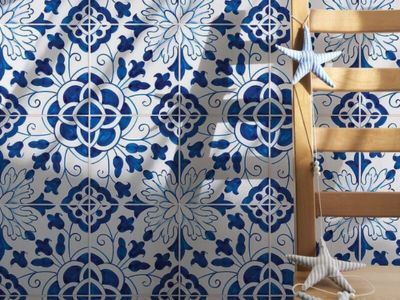
Portuguese flooring customs are well ingrained, combining historical charm with modern, changing trends. Traditional flooring materials include terracotta tiles, natural stone, and hand-painted ceramic tiles called azulejos, which are especially common in older Portuguese homes. Because of their strength, beauty, and association with Portuguese counterculture, these materials are highly valued.
For instance, Azulejos, which are typically seen in old homes, churches, and other buildings around the country, frequently tell stories via intricate patterns and colors. Even while natural stone floorings, such as granite and limestone, are highly prized for their durability and classic beauty, traditional terracotta floors, with their warm, earthy tones, give houses a rustic, cozy atmosphere.
2. Modern Flooring Trend

Modern flooring techniques in Portugal incorporate local possibilities while also reflecting advancements worldwide. Because they are affordable, simple to install, and require little maintenance, engineered wood, laminate, and vinyl flooring are common in modern homes and flats in urban areas.
These materials offer a sleek, contemporary appearance that goes well with modern and minimalist interior design styles. Furthermore, a lot of contemporary flooring is made to be environmentally friendly, frequently using recycled materials or sustainable resources—a factor that Portuguese homeowners are becoming more and more concerned about these days.
Polished concrete is also another popular flooring option in Portugal, particularly for urban and business-style homes. This option is ideal for areas with high usage since it provides a continuous, smooth appearance and is particularly long-lasting.
Famous Architects in Portugal
1. Álvaro Siza Vieira: Known for his minimalist style and innovative designs, Siza Vieira is one of Portugal's most celebrated architects, with works recognized globally.
2. Eduardo Souto de Moura: A Pritzker Prize winner, Souto de Moura is famous for blending modernism with traditional Portuguese elements in his architecture.
3. Gonçalo Byrne: Esteemed for his thoughtful integration of contemporary design with historic preservation, Byrne’s work spans cultural, residential, and public spaces.
Different Names Used in Portugal for Tiles
Porcelain Tiles – Azulejos de Porcelana
Ceramic Tiles – Azulejos de Cerâmica
Mosaic Tiles – Azulejos de Mosaico
Marble Tiles – Azulejos de Mármore
Terracotta Tiles – Azulejos de Terracota
Glass Tiles – Azulejos de Vidro
Stone Tiles – Azulejos de Pedra
Cement Tiles – Azulejos de Cimento
Granite Tiles – Azulejos de Granito
Where Are the Majority of Tile Manufacturers in Portugal Located?
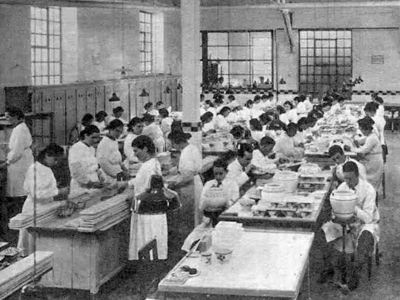
The creation of tiles has a long history in Portugal, and several cities have developed into remarkable centers for this art form. The majority of Portuguese tile manufacturers are concentrated in the following five major cities:
1. Aveiro: Aveiro, also referred to as the "Portuguese Venice" is famous for more than just its canals; it also has a rich tile-making heritage. A wide variety of tiles, including beautiful azulejos and contemporary tiles utilized in modern construction, are produced by the region's vibrant ceramics sector.
2. Lisbon: It is a capital city and strategic location for tiles, serving not just as a production hub but also as a showcase for art. Traditional azulejos with designs that honor Portugal's culture are the focus of many producers and craftspeople in this area.
3. Porto: Known for its ancient buildings, Porto is home to several tile designers and producers who create both traditional and modern tiles.
4. Caldas da Rainha: This little city is well-known around the world for its pottery. Caldas da Rainha is renowned for its innovative ceramic production and is home to several tile manufacturers that create both traditional and avant-garde patterns. The creative patterns and colors emerging from the city's workshops demonstrate its creative influence.
5. Sintra: The city is renowned for its magnificent tile manufacture in addition to its palaces and captivating vistas. The town's tile producers create intricate azulejos that are sold worldwide and used to adorn local landmarks, giving structures all around the world a hint of Portuguese craftsmanship.
Why Import Tiles From India?

Portugal has fewer producers and greater labor expenses, tiles made in the country may cost more. For a more economical option, think about importing from an Indian manufacturer like Sunwin Ceramica, one of India's most reputable tile manufacturers, situated in Morbi, a city known for creating reliable, high-quality tiles. We provide designs that are appropriate for Portugal culture and adhere to all international and EU quality requirements.
5 Things Portugal's People Must Know Before Buying Tiles
When buying tiles in Portugal, there are several key elements that Portuguese people need to keep in mind to ensure they make the best preference for their houses. Here are five essential matters to bear in mind:
1. Durability:
Portugal’s weather, with its humid winters and warm summers, calls for tiles that can resist temperature modifications, moisture, and wear and tear. Durable tiles, like porcelain or stone, may be perfect for high-traffic regions or outdoor use, as they are resistant to cracking and chipping higher than ceramic alternatives. Homeowners need to recollect how long they need their tiles to ultimate and choose substances that suit the one's expectations.
2. Cost-Effectiveness:
Balancing quality with the price range is fundamental. While a few tile options may be more low-cost, it’s essential to recall the long-term investment. For example, better-quality tiles might cost extra to begin with but require less frequent maintenance or repair, potentially saving cash ultimately. Many exporters and producers from India also offer lower-priced yet durable tiles, making it feasible to locate great quality at the right budgets. Thus, importing tiles from reputed manufacturers is also a good option.
3. Manufacturer Reputation:
Choosing a good manufacturer can make certain fine and authenticity. Well-acknowledged manufacturers frequently offer quality, reliable customer support, and considerable layout options. Researching the brand, analyzing reviews, or asking for tips can help shoppers pick out a manufacturer known for quality and consistency.
4. Maintenance Needs:
Some tiles require greater maintenance than others. Glossy or glazed tiles, for example, may display dust & smudges easily and need regular cleansing. Porous materials like terracotta require sealing to prevent stains, whilst ceramic and porcelain have low maintenance requirements. Considering the effort and time concerned in maintenance can help shoppers choose tiles that suit their way of life.
5. Aesthetic Compatibility:
Tiles are a long-lasting part of home decor, so it’s crucial to pick patterns, shades, and types that suit the present or planned indoor layout. From traditional Portuguese azulejos to sleek, cutting-edge designs, tiles can set the tone of a room. Buyers need to consider how the tiles will look with other decor elements and remember timeless designs for durability.
Does Weather Have Effects on Tiles in Portugal?

Yes, considering the diverse weather in Portugal, its climate does have an impact on tiles. The following are some of the main ways that tiles can be affected by the weather:
Portugal has cold, rainy winters and hot summers. Tiles can expand and contract in regions with significant temperature swings, especially if they are used outside. This may eventually cause tiles to break or become loose, especially if flexible, climate-resistant grout isn't used to secure them.
Excessive humidity can affect beneficial tile types that can absorb moisture, such as porous or untreated tiles, in coastal locations and during periods of cold. Over time, this may result in mold growth, discoloration, or deterioration of the tile.
Long-term exposure to the sun can cause tiles to fade, especially in coastal and southern Portugal. This is especially difficult with painted or highly ornamental tiles. Choosing tiles that are resistant to UV rays or placing them in regions that receive shade can help maintain color.
In less warm inland areas, occasional frost can pose a risk to certain tile materials, as water can freeze and enlarge within porous tiles, inflicting cracks. Frost-resistant tiles are required for outside use in these areas.
What Is the Price of Tiles in Portugal?
| Tile Type | Price Range (per m²) | Description |
| Ceramic Tiles | €10 - €25 | Basic to mid-range options; ideal for indoor use. |
| Porcelain Tiles | €20 - €50 | Durable and water-resistant; suitable for indoors and outdoors. |
| Natural Stone Tiles | €40 - €100+ | Includes marble, granite, and limestone; luxurious, ideal for high-end interiors. |
| Terracotta Tiles | €20 - €40 | Traditional, rustic look; best for warm, dry areas. |
| Mosaic Tiles | €30 - €80 | Decorative tiles; are popular in bathrooms and as accents. |
| Glass Tiles | €40 - €90 | Often used as a decorative accent; requires careful installation. |
| Azulejos (Decorative) | €30 - €60+ | Traditional Portuguese tiles with intricate designs; are typically used indoors. |
Sunwin Ceramica: Provide Cost Effective Tile Solution
Sunwin Ceramica makes it simple to import high-quality tiles that range in price from €10 - €32 (1400 to 2900 INR). That incredible rate, indeed. From sophisticated wood and opulent marble to chic matte and high gloss finishes, we have a wide variety of styles to suit your preferences. To make our tiles, we exclusively utilize premium materials. To find out more about our offerings and how we can satisfy your tiling requirements, contact us right now.
Portugal's Top Tile Manufacturer and Exporter: Sunwin Ceramica
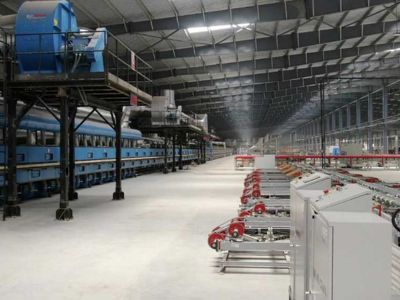
Despite being entirely located in India, Sunwin Ceramica has established itself as one of Portugal's leading tile manufacturers and exporters. Sunwin is well-known for its extensive collection of high-quality ceramic and porcelain tiles, which suit a wide range of preferences from traditional patterns that evoke Portugal's famous tiles to contemporary, minimalist designs.
Our tiles are incredibly durable and designed to withstand weather, moisture, and wear, making them perfect for both commercial and residential settings. Sunwin Ceramica has established itself as a reliable tile brand for Portuguese customers looking for excellent, adaptable tile solutions because of its commitment to innovation and accuracy.
Ceramic Tiles In Portugal
Tile Company: Sunwin Ceramica
Available Sizes: 300x300mm, 300x450mm, 400x400mm, 600x600mm, 300x600mm
Available Thickness: 6mm to 10mm
Available Colors: Multiple Colors
Porcelain Tiles In Portugal
Tile Company: Sunwin Ceramica
Available Sizes: 600x600mm, 300x600mm, 450x900mm, 800x800mm, 1000x1000mm, 1200x1200mm
Available Thickness: 8mm to 12mm
Available Colors: Multiple Colors
Vitrified Tiles In Portugal
Tile Company: Sunwin Ceramica
Available Sizes: 600x600mm, 800x800mm, 1200x1200mm, 300x300mm
Available Thickness: 8mm to 15mm
Available Colors: Multiple Colors
You May Also Like:
